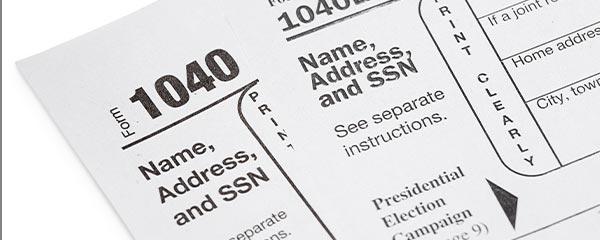PRINCETON, NJ -- Americans' optimism that President Barack Obama and congressional leaders will reach a budget agreement before Jan. 1 has waned somewhat over the past week. Fifty percent now believe this and 48% are doubtful, a change from the previous three weeks, when the solid majority of Americans were generally confident leaders would reach a deal to avert the so-called fiscal cliff.

The latest update is based on Â鶹´«Ã½AV Daily tracking conducted Dec. 21-22. The same poll shows Americans expressing increased confidence in the various Democratic players involved in the negotiations, including President Barack Obama, Democratic leaders in Congress, and Senate Majority Leader Harry Reid.
The slight majority of Americans, 54%, now approve of Obama's handling of the negotiations, up from 48% a week ago. This coincides with a from 50% Dec. 14-16. That increase may at least partly reflect Americans' response to Obama's actions in the aftermath of the tragic Newtown, Conn., school shootings Dec. 14, combined with his ongoing efforts in regard to the fiscal cliff.
At the same time, public approval of congressional Democratic leaders' performance in the budget negotiations rose 11 percentage points to 45%, while Reid's approval rating rose 10 points to 34%. There has been no significant change in ratings of Republican leaders generally, or of Republican House Speaker John Boehner specifically.

Despite the shootings' dominating the news in recent days, and holiday preparations occupying much of Americans' time, 34% of U.S. adults now say they are following news about the budget negotiations "very closely" -- the top level of high attention paid that Â鶹´«Ã½AV has found thus far. However, the overall percentage following it very or somewhat closely remains close to 60%, while just over a third are paying little or no attention.

Americans remain consistent in their desire to see leaders compromise on their budget-oriented principles and beliefs rather than risk failing to reach agreement by sticking to those principles. Roughly two-thirds continue to prefer that leaders compromise, while less than one-quarter would prefer that they take a more hard-line stance.

Bottom Line
Last week brought some signs that President Obama and congressional Republicans might have been close to reaching a budget agreement, but those largely vanished Thursday after House Republicans canceled a vote on the "Plan B" tax bill, and leaders on each side started pointing fingers at the other for pushing the country closer to the fiscal cliff. Given these events, Americans' optimism that a budget compromise will be reached before New Year's dropped to 50%, the lowest yet seen. Still, this edges out the 48% who say a compromise is unlikely, suggesting Americans expect that the president and Congress will not let the worst-case scenario play out, but will instead use the few days remaining to hammer out a solution.
Survey Methods
Results for this Â鶹´«Ã½AV poll are based on telephone interviews conducted Dec. 21-22, 2012, on the Â鶹´«Ã½AV Daily tracking survey, with a random sample of 1,076 adults, aged 18 and older, living in all 50 U.S. states and the District of Columbia.
For results based on the total sample of national adults, one can say with 95% confidence that the maximum margin of sampling error is ±4 percentage points.
Interviews are conducted with respondents on landline telephones and cellular phones, with interviews conducted in Spanish for respondents who are primarily Spanish-speaking. Each sample includes a minimum quota of 400 cellphone respondents and 600 landline respondents per 1,000 national adults, with additional minimum quotas among landline respondents by region. Landline telephone numbers are chosen at random among listed telephone numbers. Cellphone numbers are selected using random-digit-dial methods. Landline respondents are chosen at random within each household on the basis of which member had the most recent birthday.
Samples are weighted by gender, age, race, Hispanic ethnicity, education, region, adults in the household, population density, and phone status (cellphone only/landline only/both, cellphone mostly, and having an unlisted landline number). Demographic weighting targets are based on the March 2011 Current Population Survey figures for the aged 18 and older U.S. population. All reported margins of sampling error include the computed design effects for weighting.
In addition to sampling error, question wording and practical difficulties in conducting surveys can introduce error or bias into the findings of public opinion polls.
View methodology, full question results, and trend data.
For more details on Â鶹´«Ã½AV's polling methodology, visit .
